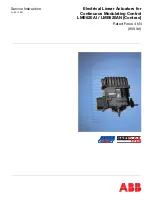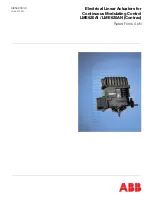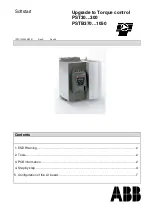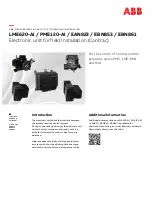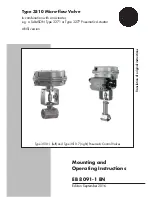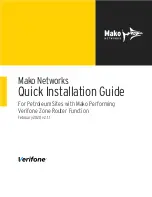
0 10 20 30 40 50 60 70 80 90
Zone Pressure psi
0 1
1
⁄
4
"–1
1
⁄
2
"
100 110
Do not reduce the size of the drain line from the air gap fit
ting. The drain line must remain at full line size.
E. After the initial installation of the assembly, a discharge from
the relief valve may occur due to dirt and pipe compounds.
This may be caused by inadequate initial flushing of the pipe
lines. If flushing the valve does not clear the unit, remove the
first check valve and clean thoroughly, using the procedures
in “Servicing the First and Second Check Valves.”
NOTICE
Periodic relief valve discharge may occur on dead end
service applications, such as boiler feed lines or cooling
tower makeup lines. This may be due to fluctuating supply
pressure during a static or no flow condition. To avoid this
discharge, install a spring-loaded, rubber seated check valve
ahead of the backflow assembly.
F. Avoid placing the assembly in a pit or at a depth below
the ground level, unless absolutely necessary. If an installa
tion requires below ground level installation, a modified pit
installation is recommended, as well as the approval of local
codes. In such cases, provision should be made to always
vent the drain line above the flood level. In the case of a pit
drain, ensure an adequate air gap exists between the bottom
of the drain line and the bottom of the pit.
G. Periodically inspect the assembly to check for any discharge
from the relief valve. This discharge is a visual indication that
the valve needs cleaning or repair. Also test the valve peri
odically in compliance with local codes to ensure its proper
operation.
The relief vent discharges water during no-flow periods in the
following instances:
• The first check valve is fouled.
• The inlet pressure to the check valve drops sufficiently due
to upstream pressure fluctuations. This affects the required
operating differential between the inlet pressure and the
reduced pressure zone.
• The second check is fouled during emergency backflow or
resulting from a water hammer condition.
For more information download Troubleshooting Guide S-TSG.
NOTICE
When installing the assembly on fire prevention systems, special
considerations are required.
Fire Protection System Installations: The National Fire Protection
Agency (NFPA) Guidelines require a confirming flow test to be
conducted by a certified tester whenever a “main line” valve is
installed, such as a shutoff valve or a backflow preventer.
1
⁄
2
" – 1"
45
40
35
30
25
20
15
Flow Rate gpm
10
5
0
0 10 20 30 40 50 60 70 80 90 100 110
Zone Pressure psi
1
⁄
2
"
3
⁄
4
"
X 1"
Flow Rate gpm
50
0
1
1
⁄
4
" – 2"
350
300
250
2"
200
150
100
TYPICAL FLOW RATES AS SIZED BY FLOOR DRAIN MANUFACTURERS
2" 55 gpm
5" 350 gpm
3" 112 gpm
6" 450 gpm
4" 170 gpm
8" 760 gpm
3



















